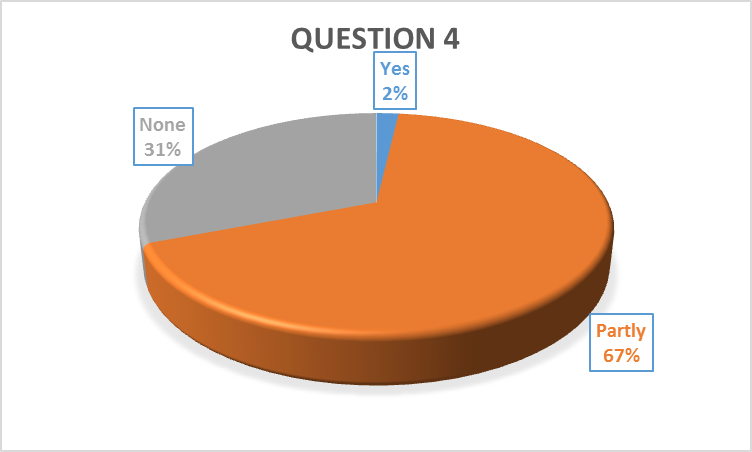Team:ZJU-China/HumanPractice/BeyondTheTale/ScienceFair
From 2013.igem.org
The Science Fair
PINEAPPLE SCIENCE PRIZE is a scientific award held and supported by ZHEJIANG ASSOCIATION FOR SCIENCE AND TECHNOLOGY, ZHEJIANG SCIENCE AND TECHNOLOGY MUSEUM and [http://www.guokr.com Guokr.com] (a most-visited social network for sci-tech in China).
The SCIENTIFIC FAIR, as a part of PINEAPPLE SCIENCE PRIZE AWARDING CEREMONY, is a public science popularization activity aiming to generalize interesting and creative science&technology. This activity has drawn attention of enterprise, social group, laboratory and individual. According to the survey of the host, there were over 30 exhibition stands and the numbers of visitor had reached 500 per day.
We ZJU-China found it’s an awesome opportunity to make iGEM & Synbio attractive to publicity. We took the project of our 2011 team (i.e. the Rainbofilm) and gave the publicity the concept and development of synthetic biology in plain tems. To intrigue the pubilcity of our stand, we demonstrated some little funny experiment such as extracting chlorophyll, and observing the movement of Paramecium. The most interesting thing was a board game we called “”,. This game was invented by our designer Xihan Li. (“Link here ”).
Moreover, considering that we haven’t chosen the project, so we brought our 2011 team’s poster to the exhibition, and got a feel for the publicity. Many passengers were drawn attention and talked with our members about the synbio issues.During the exhibition, we did a poll of how much publicity knew about the syntic biology, we analyzed the datas and drew some conclusions.
A Survey about Synthetic Biology
As we are explaining and showing what synthetic biology is to the public, we also want to know how much the public knows about synthetic biology and what are their opinions and comments of synthetic biology issues. Thus, we made a questionnaire especially focusing on what people think of synthetic biology. Here are the English and Chinese versions of our questionnaire:
We handed out the questionnaires on the first half-day of the Science Fair, and totally 69 valid questionnaire were received. Among these respondents, 38 were female, and 31 were male. 58 out of 69 attendants had bachelor degrees (or undergraduate students) or above. Excluding students, they came from different industries, such as finance, IT, government, and chemical engineering.
Results are made into charts below. The first three questions focus on the projects that we delivered at our booth, so valuable results start from the fourth question.
Some interesting things can be observed in the results. We re-defined the choices of question 4 into three categories. Choice #1 is in the “Yes” category, which shows that the respondents have accurate and systematic views on synthetic biology. Choices #2, #3, and #4 are in the “Partly” category, which shows that the respondents have rather limited knowledge about synthetic biology. Choice #5 is in the “None” category, which shows that the respondents know nothing at all.
The result of question 4 shows that about 70% of participants have at least heard of the terminology of “synthetic biology”. We are fortunate to meet an undergraduate student who has been paying attention to synthetic biology and iGEM for a long time. But still there were 67% of the attendants in the “partly” category. One of the reason that causing this rate being so high is that 58 out of 69 (~84%) attendants were undergraduates or above. Another reason is that there may be some confusions between synthetic biology and more generic biological disciplines (genetics, genetic engineering, etc.). Nonetheless, this result shows that the public (or even college students) still have little awareness of synthetic biology.
Question 5 is a question concerning the attitude of using bacteria. Over 80% of the respondents say that they have been thinking of using bacteria to do something, and even 7% of them made their thoughts into practice. About 15% said that they didn’t ever think of doing something using bacteria. Amazingly, none of the respondents thought that using bacteria is ridiculous. We think that this is because we already have some mature technologies and industries that use bacteria (for example, fermentation engineering and brewers). We are happy to see that luckily, people have little resistance to bacteria technologies and products.
We designed question 6 so as to see what the public think synthetic biology can do. The result shows that the public hold the view that bacteria can only do biological or medical jobs. Though attendants are granted to choose more than one answers, some choices seem to grab more popularity. More than 40 people chose the “mineral water production” and “cure diseases” choices, which is approximately over 60% among all respondents. The choices “material for printing”, “improve tastes” and “batteries” also receive many votes, which reflects that some people consider bacteria can do some work that is not closely related to biology and cells. Choices “calculate 1+1”, “photographing”, “compass” and “USB drive” have the least votes, since these issues are sort of physical and electronic ones. There still exists some votes for the “dangerous” choice, reflecting that some people are strictly concerning about the safety of bacteria and its products.
A fictional situation is established in question 7, aiming to test people’s reacts and comments on synthetic biology products. The choices are designed to test the attraction, value, safety issues of the imagined product, as well as to test people’s attitudes towards the product. From the results we see that most people hold positive attitudes towards synthetic biology products. Some attendants have concerns about such a product. Others thought that the safety of the products need to be proved.
The last question is a general question, so as to show the attendant’s overall points of views on synthetic biology. The results, however, is the most “unbalanced”. Most respondents held positive views on synthetic biology, and only a few think it indefinite about the future of synthetic biology. In all, the public are more likely to approve the future of synthetic biology, despite the fact that they know little about it.
 "
"





















